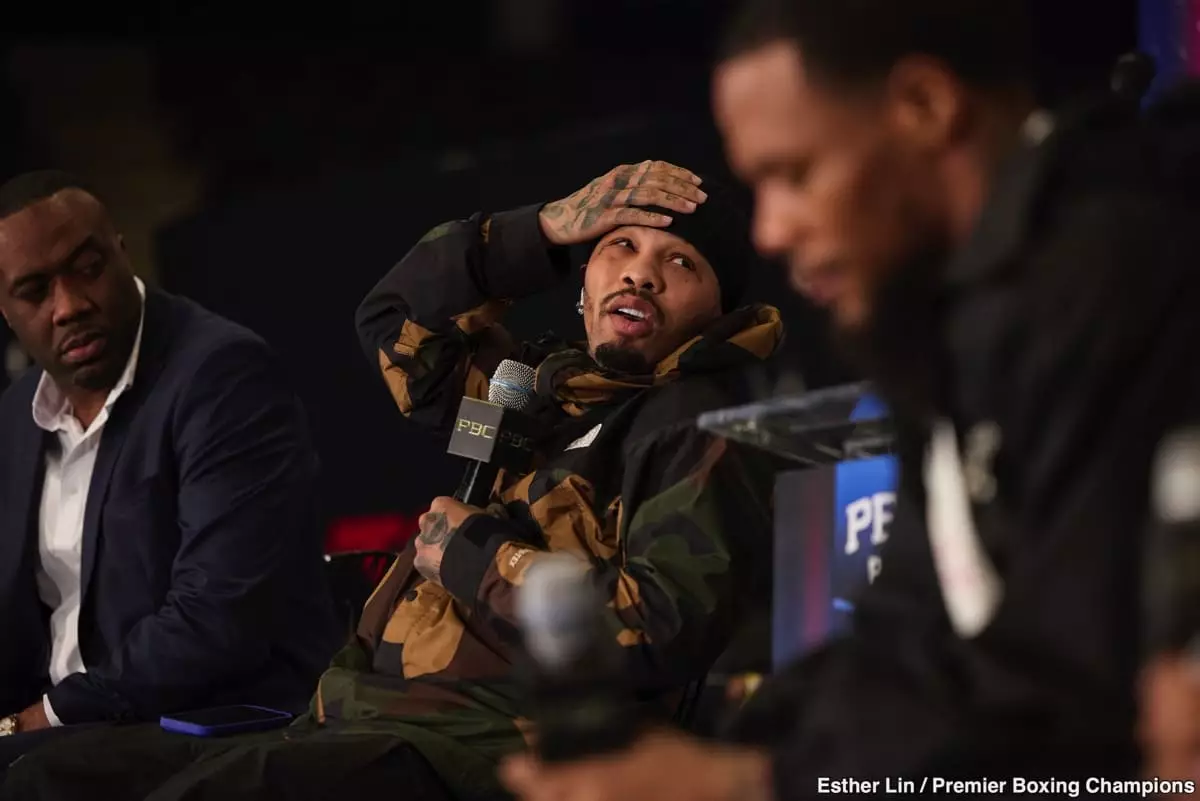In the high-stakes world of professional boxing, personal animosities and financial disagreements often go hand-in-hand. Recently, Gervonta “Tank” Davis has become the latest figure to publicly express dissatisfaction within this sporting realm, particularly targeting the new ownership of Ring Magazine, led by Turki Alalshikh. This situation underscores an evolving narrative in the boxing industry, highlighting the interplay of ambition, allegiance, and the pursuit of profit as fighters navigate a landscape increasingly focused on lucrative traditions.
While the Ring Magazine Awards showcased numerous attendees from the boxing community, Tank’s absence raised eyebrows, especially given his status as a high-profile active fighter. The event, often dubbed the ‘Oscars of Boxing,’ served as a platform for recognition and celebration, yet Davis felt overlooked amid the glitz. Davis took to social media to point fingers, suggesting that not all fighters were treated equally when it comes to invitations, particularly those who align with Alalshikh and his financial agenda. This perceived snub fuelled his resentment, prompting a series of biting remarks aimed at both Alalshikh and the fighters endorsing him.
It’s essential to dissect the underlying motivations fuelling Davis’s social media outburst. On one hand, his frustration reveals a perspective commonly held by athletes who feel marginalized within the sport. On the other hand, it complicates the allegiance landscape in boxing, where dollars seem to weigh heavier than loyalty or camaraderie.
Davis’s comments specifically targeted fighters who have begun fighting in Saudi Arabia for significant payouts, calling them sellouts. This raises a pertinent question: in an industry where careers are notoriously brief and financial security is often uncertain, wouldn’t pursuing substantial compensation be regarded as a rational decision? The lure of Saudi Arabia’s emerging boxing scene, backed by lavish sponsorships and eager audiences, represents a tremendous opportunity for fighters looking to secure their futures.
Yet, Davis seems to oppose this trend, voicing concerns that these fighters are neglecting the American market and boxing’s traditional roots. His argument rests on a sense of national pride, implying that fighting on home soil should take precedence over chasing top dollar abroad. Perhaps there’s an element of personal frustration here, too, as he continues to focus his efforts in the U.S. while others leap at international opportunities that he feels are Pitting them against a diminished audience.
Interestingly, Davis’s diatribe also hints at feelings of exclusion from the elite world of boxing significant paydays. By condemning the fighters who have joined the Saudi campaign, he signals a desire to assert his relevance in a rapidly changing market. It’s reminiscent of a childhood debate at the playground: “If I can’t play, neither can you.” However, his approach could be seen as counterproductive. By positioning himself as the lone sheep in a flock that has moved towards something profitable, Davis risks alienating potential allies and stunting his own opportunities for financial gain.
Complicating matters further is Alalshikh’s interest in working with Davis in the future. While Davis expresses animosity toward the environment created by Turki Alalshikh, he may be inadvertently jeopardizing prospects for high-profile matchups that could elevate his career even further.
As the boxing world adapts and evolves, maintaining a balance between heritage and modernity becomes critical. While Tank Davis aligns himself as a purist who prioritizes tradition, he also reflects a fear—fear of being left behind in a sport that prizes momentary gains.
The bitterness expressed through his words reveals more than just insecurity; it showcases the tension between loyalty to boxing’s legacies and chasing newfound lucrative horizons—a struggle many athletes will face in the coming years. In the end, nurturing relationships within this tumultuous world may underpin the futures of all involved, whether they willingly venture into the wilds of Saudi Arabia’s burgeoning boxing scene or choose to cling to more conventional paths closer to home. Each strategy carries its weight, and for Tank, it remains to be seen which choice leads to the promised success.


Leave a Reply